Decaf coffee has kinda got an undeserved reputation for tasting... well... bad. The fact is that this can be more the fault of the producer than the coffee itself. Some producers use the decaf process as a way to make coffee that is past its best - possibly sitting on a warehouse floor somewhere going off - more saleable.
When you find a coffee where the decaffeination process is deliberate (not a way to shift old stock) and the beans are fresh, decaf coffee has as much to offer as its regular rival.
How it's made
There are a few different ways in which beans can be decaffeinated - water washed, sugar cane method, etc - but one of the most effective is the CO2 method. This method can remove up to 99.9% of the caffeine without removing the flavour of the beans. Water is a solvent but using it to decaffeinate will also remove some of the beans flavour - that's why we use it to extract the caffeine and the flavour when we brew coffee.
The Carbon Dioxide method involves circulating highly-pressurised CO2 around the beans to remove the caffeine during an evaporation stage. This gets repeated until all of the beans are decaffeinated. The beans are then dried until they reach their original moisture content level.
Some people have raised concerns about the amount of water that is used during the decaffeination process - and, some methods can use a lot of water. But, a lot of that water is repurposed for other things like the production of paracetamol.
What to look for in a good decaf
A speciality coffee (see our Speciality Coffee Scores Explained article for more on that) where the fresh, green beans are decaffeinated - CO2 method retains most of the bean's flavour. The beans are then freshly roasted and you can enjoy them within 2-4 weeks of the roasting. Freshly roasted is just better, that's what we believe and you can taste the difference.
For an even greater decaf, you could look for a bean that is decaffeinated at point of origin - this will further support coffee farmers, the growing regions, and help maintain the high standards of their coffee products.
Why aren't all our varieties available as decaf?
If the demand for the decaf was higher, we would be able to offer more varieties. The problem is that if we had all the varieties decaffeinated, they wouldn't sell in time and they just wouldn't be fresh. We won't sell coffee that isn't fresh, and we don't want to contribute more waste than we have to. But, we try to source a decaf that delivers an experience to match all of our great caffeinated options. Trust us, even though we have fewer decaf options, they won't disappoint.

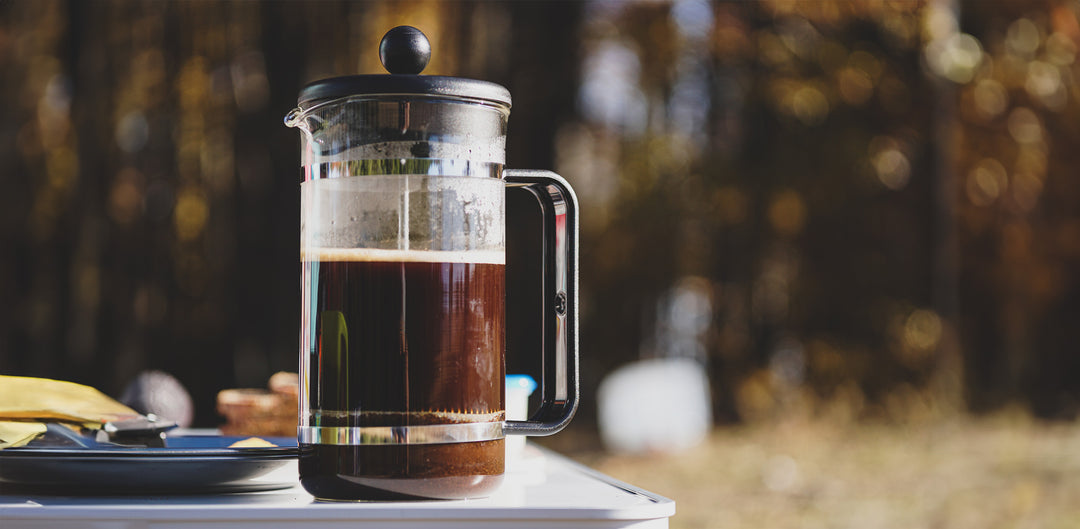
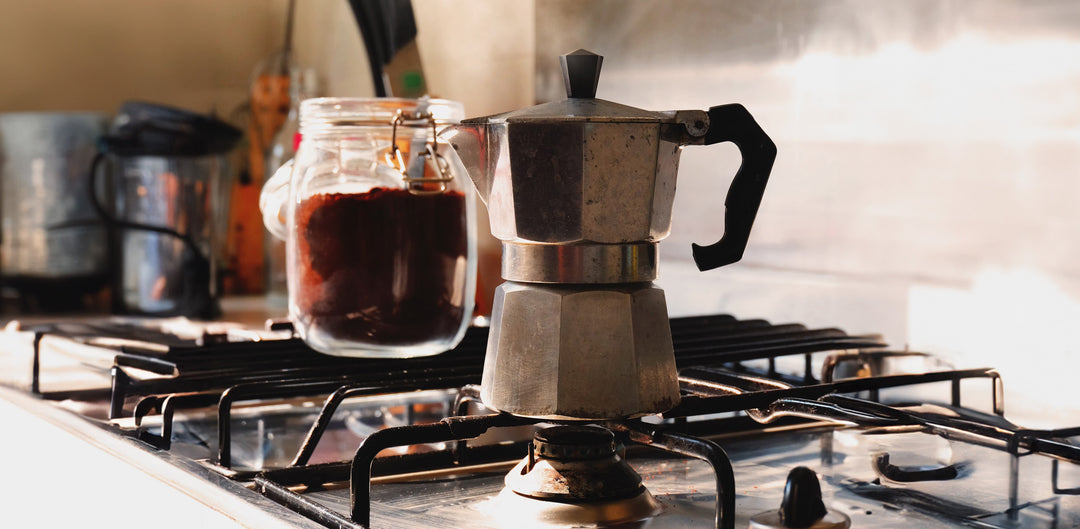
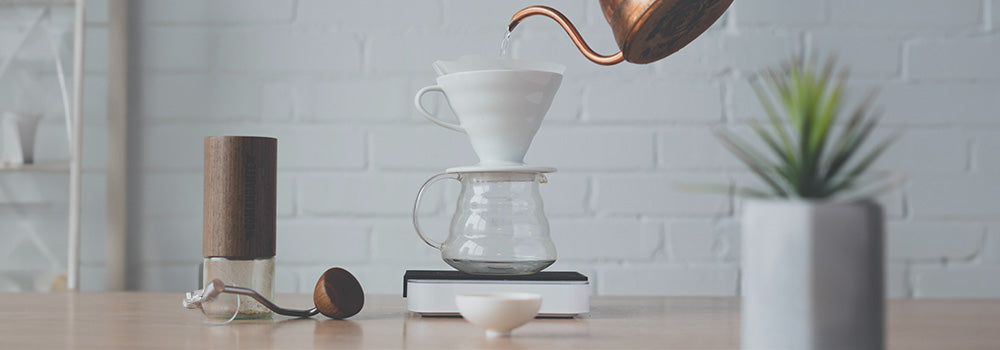
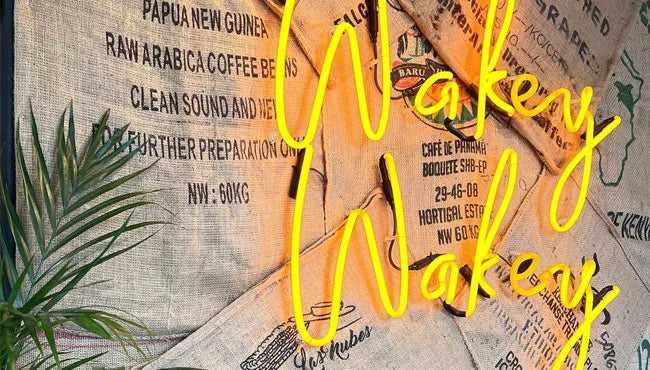
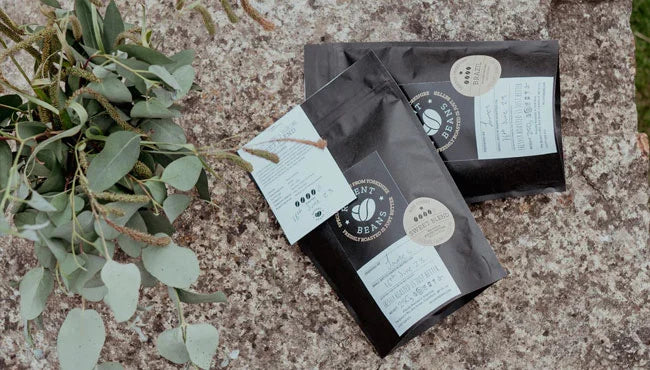
Leave a comment